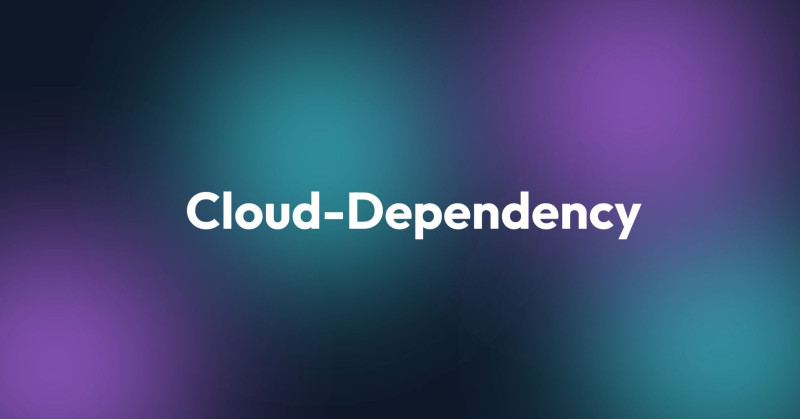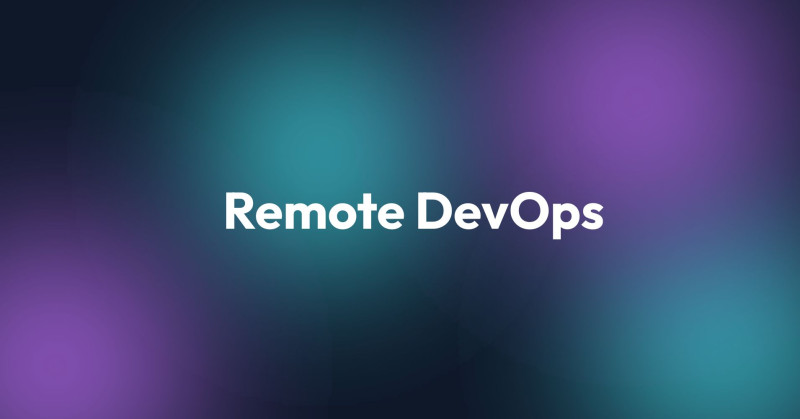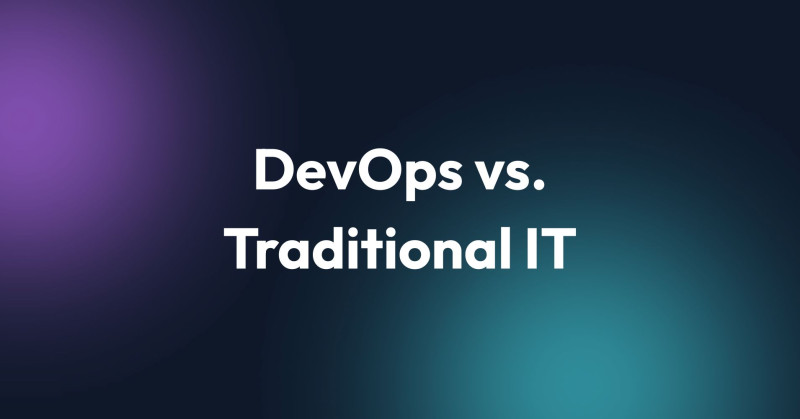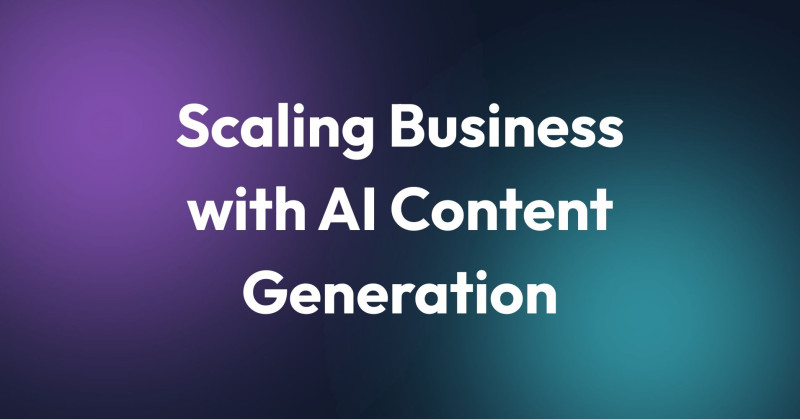Recruitment is becoming more complex and competitive, especially for mid-sized and large organizations (201-1000+ employees) that need to hire fast, efficiently, and at scale. Manual screening and scheduling processes are not only time-consuming but also prone to delays and inconsistencies. Enter AI agents: autonomous digital assistants that can transform how HR teams operate. This article explores how AI agents are reshaping recruitment automation and HR process optimization.
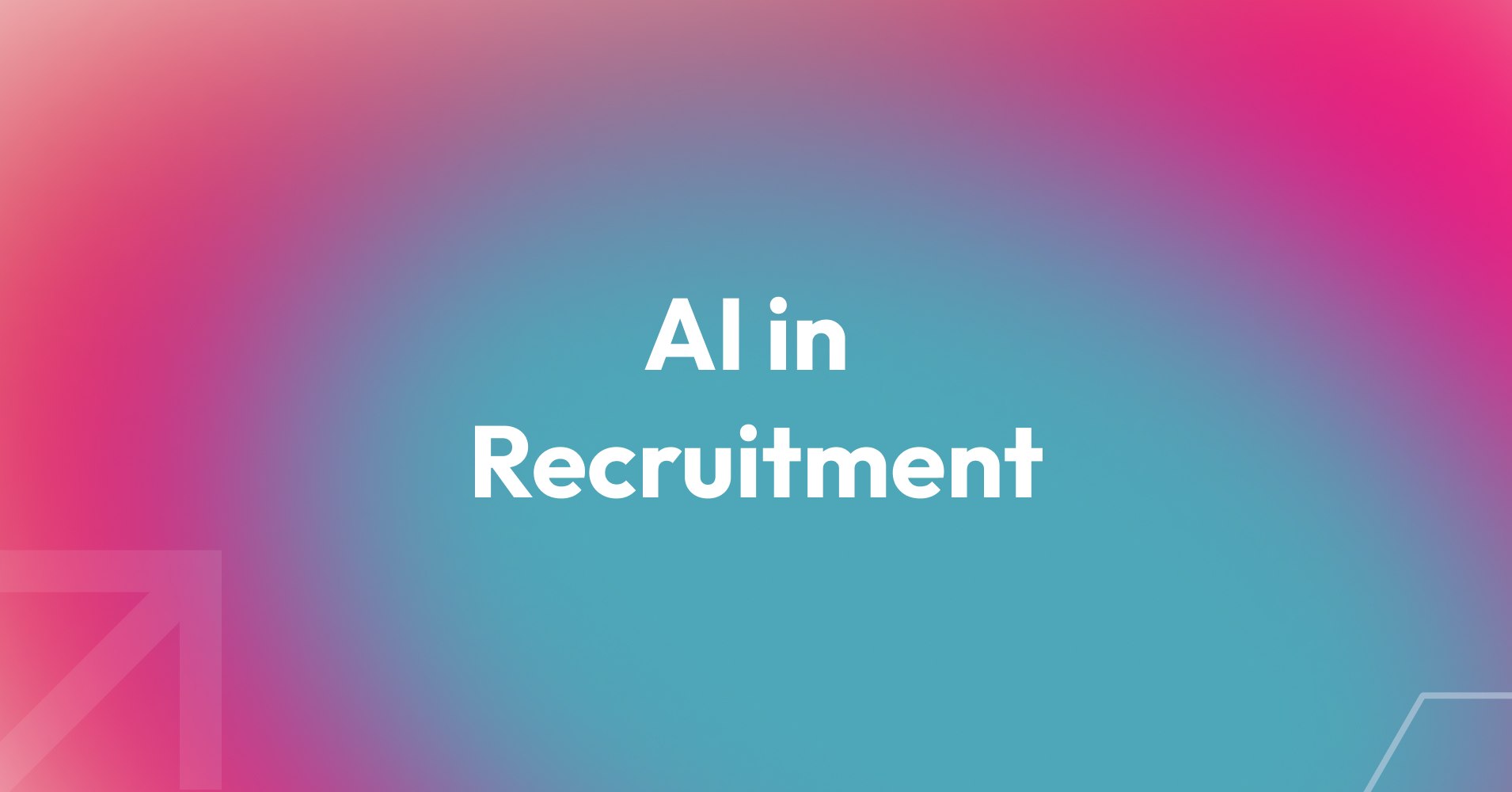
What Are AI Agents and How Do They Work in Recruitment?
AI agents are autonomous software tools powered by large language models (LLMs) and natural language processing (NLP). Unlike traditional automation scripts, AI agents can reason, communicate, and adapt. In recruitment, this means they can:
Analyze resumes and LinkedIn profiles
Match candidates to job descriptions
Communicate with candidates via email, Slack, or WhatsApp
Schedule interviews based on recruiter availability
Provide summaries and recommendations to hiring managers
These agents integrate with ATS (Applicant Tracking Systems), CRMs, and calendar tools to function seamlessly across existing workflows. Their capabilities are particularly useful in environments where hiring speed, consistency, and scalability are critical.
Automating Candidate Screening with AI Agents
One of the most tedious tasks in recruitment is the initial CV screening. AI agents streamline this by:
Parsing CVs and extracting relevant experience, skills, and education
Comparing data to job requirements using semantic search
Flagging potential mismatches or gaps in experience
Learning from past hiring decisions to improve recommendations
AI agents can also adapt to role-specific nuances—tailoring screening logic for technical, design, or leadership positions. This increases both the speed and quality of the initial shortlist.
Example: A recruitment team hiring frontend developers reduced their screening time from 4 hours to under 20 minutes per role by implementing an AI-powered agent integrated with their ATS.
AI-Powered Interview Scheduling
Once candidates pass the screening phase, scheduling interviews becomes another logistical bottleneck. AI agents handle this with ease:
Contacting candidates with available time slots
Coordinating calendars across multiple interviewers
Sending reminders and rescheduling when necessary
Managing timezone differences and reducing no-shows
Impact: Companies report automating up to 80% of all communication during the interview scheduling phase, freeing up valuable HR time and improving candidate experience.
AI agents ensure every candidate gets a timely response and a seamless experience, which helps strengthen employer branding.
Why This Matters for Mid and Large-Sized Organizations
CTO / VP of Engineering: Faster hiring for technical roles without burdening engineering teams with non-core tasks
Head of Product / CX: Accelerated team formation to support roadmap delivery and iterate on customer feedback
Digital Platform Owners: Consistent, data-driven recruitment processes across departments that support digital scalability
Director of Engineering: Reduced cost-per-hire, scalable and repeatable recruitment processes, and better control over talent pipelines
AI agents are not just time-savers—they're strategic enablers of HR process optimization. They help align recruitment with broader business goals by ensuring efficiency and visibility across hiring pipelines.
Limitations and Risks
While the benefits are clear, AI in recruitment also comes with challenges:
Potential biases in algorithms if training data is not diverse
Errors in parsing unconventional CV formats or portfolio materials
Need for human oversight to ensure fairness, accuracy, and regulatory compliance
Ethical considerations in candidate data privacy and communication
For organizations with strong governance frameworks, especially those in regulated industries, it's crucial to audit and monitor AI agent decisions and maintain transparent processes.
How to Deploy AI Agents in Your Hiring Workflow
Choose the Right Tools: Platforms like Paradox, HireVue, and X0PA offer specialized recruitment automation solutions with varying levels of AI sophistication.
Integrate with Existing Systems: Ensure compatibility with your ATS, CRM, email, and calendar tools. APIs and plugins are key.
Start Small: Pilot AI agents on a single department or role to measure real-world impact without disrupting entire workflows.
Track KPIs: Monitor time-to-hire, candidate feedback, recruiter efficiency, and quality-of-hire. These metrics will justify further rollout.
Train and Educate HR Teams: Ensure internal stakeholders understand how the AI works and how to intervene when needed.
FAQ: AI Agents in Recruitment
What are AI agents in recruitment?
AI agents are autonomous digital assistants that automate parts of the recruitment process, including resume screening and interview scheduling, using AI and natural language processing.
How do AI agents improve recruitment automation?
They reduce manual effort, shorten time-to-hire, and improve candidate experience by handling repetitive tasks like screening and scheduling.
Is using AI in recruitment safe and unbiased?
AI agents require oversight to avoid biases and ensure compliance with HR regulations. Transparent algorithms and human reviews are recommended.
What tools use AI agents for hiring?
Popular platforms include Paradox, X0PA, and HireVue, which integrate with ATS and provide recruitment automation features.
How do AI agents help with HR process optimization?
They streamline workflows, free up HR resources, and provide analytics to improve decision-making across the hiring lifecycle.
Can AI agents integrate with my current recruitment systems?
Yes, most modern AI recruitment platforms offer API integrations with leading ATS, CRM, and calendar tools.
What are the main benefits of recruitment automation with AI agents?
The main benefits include faster time-to-hire, improved candidate experience, reduced HR workload, and better data insights for strategic hiring.
Final Thoughts
AI agents are more than just tools—they are transforming recruitment into a scalable, data-driven, and candidate-friendly process. For mid-sized and large enterprises looking to optimize their HR processes, reduce recruitment friction, and hire smarter, integrating AI agents is a smart, forward-looking move.
Organizations that adopt AI in recruitment early will not only gain operational efficiency but also position themselves as tech-savvy, responsive employers—traits that attract top-tier talent in competitive markets.

